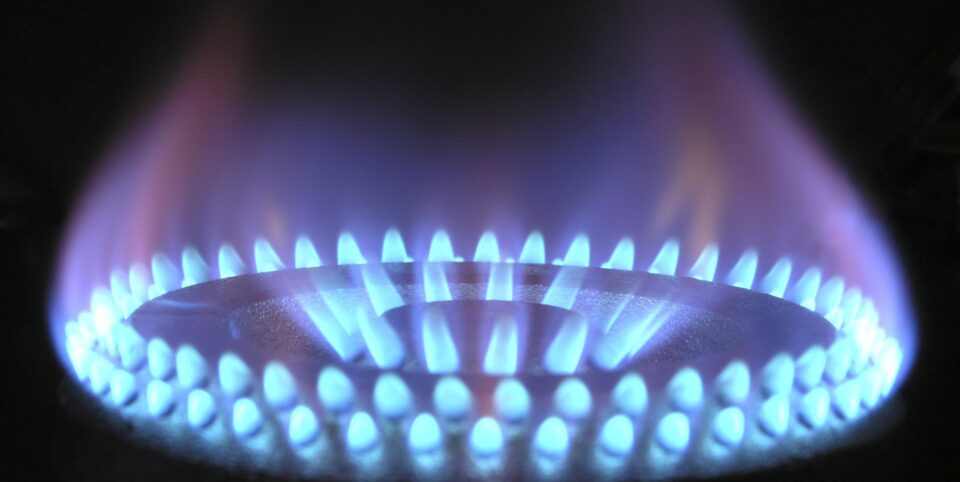Contact
020 4515 6728
info@ccameron.co.uk
Charles Cameron & Associates
Blackfriars Foundry
154-156 Blackfriars Road
London SE1 8EN
Detecting a gas leak
December 13, 2023
Information published was correct at the time of writing
What to do and who to contact

Gas leaks pose a severe risk to life and safety. Regular maintenance of boilers and gas appliances is overlooked, leading to potential hazards. Knowing how to handle emergencies effectively can save lives. This is particularly true when dealing with potential gas leaks. Should you suspect a gas leak or detect the smell of gas, your first course of action should be to evacuate the premises immediately. If you are feeling unwell, visit your GP or hospital immediately. Tell them you may have been exposed to a gas leak or carbon monoxide poisoning.
IDENTIFYING A GAS LEAK
A distinctive odour often reminiscent of rotten eggs is the most noticeable indication of a gas leak. Other signs might include unusual sounds, like hissing or whistling from gas pipes or triggering a gas alarm, similar to a carbon monoxide detector.
IMMEDIATE ACTIONS DURING A GAS LEAK
If you suspect a gas leak in your property, evacuate everyone promptly. Avoid using matches, lighters or testing the gas hob, as any spark could trigger a major explosion.
SECURING THE GAS SUPPLY
If it’s safe and you’re familiar with the process, shut off the main gas supply while leaving the property. This is generally done by turning the gas safety valve on the gas meter. However, if you’re unsure or believe it’s too risky, leave it and exit immediately.
ALERTING NEIGHBOURS
If you live in a shared building or have close neighbours, inform them about the situation if it’s safe and feasible.
CONTACTING PROFESSIONALS
Once everyone is safely evacuated, contact the National Gas Emergencies hotline at 0800 111 999. Await their clearance before re-entering the property.
Don’t forget, our professional friendly advisors are on hand to support you and can help you explore all of your options.



